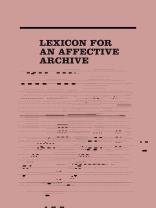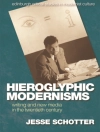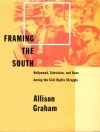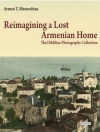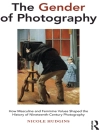To study an archive or archival materials is to encounter an affective and critical practice involved in the construction of memory. Lexicon for an Affective Archive, edited by Giulia Palladini and Marco Pustianaz, is an international collection of these encounters, offering glimpses into the intimate relations inherent in finding, remembering (or imagining) and creating an archive. Bringing together voices from a variety of fields across the humanities, performance studies and contemporary art, and engaging in a multidisciplinary analysis, this beautifully designed and fully illustrated volume advances the idea of an “affective archive” as a useful conceptual tool – a tool which contributes to an understanding of an expanded notion of an archive and its central role in contemporary visual and performing arts.
A co-publication with NIn A and Live Art Development Agency.
Jadual kandungan
Boxes
Alessandra Violi
Vnučka (Granddaughter)
Kateřina Šedá
Kres (Limit)
Dorota Krakowska
Warning
Rabih Mroué
Ordigno (Device)
Claudia Castellucci
Bewegung (Movement)
Franz Anton Cramer
SIDA (AIDS)
Elisabeth Lebovici
Recombinations
Bettina Knaup
Einmachglas (Preserve Jar)
Erik Göngrich
Cardboard Box
Zdenka Badovinac
Schubladen (Drawers)
Annemarie Matzke, She She Pop
Index Cards
Tim Etchells
Steward
Paul Clarke
Biel (Whiteness)
Małgorzata Szczęśniak
Drzazg (Splinters)i
Małgorzata Dziewulska
Immemorial
Graeme Miller
Testigos (Witnesses)
Heidi & Rolf Abderhalden, Mapa Teatro
Condominio (Condominium)
canecapovolto & Elisa Abela
Volver (Return)
Paola Di Cori
Unanswered
Joe Kelleher
Stasis
Tina Campt
Specchio (Mirror)
Alina Marazzi
Tumbas (Graves)
Paolo Vignolo
Ephemera
Ann Cvetkovich
Mengenai Pengarang
Giulia Palladini is an independent researcher and guest professor at Kunsthochschule Weissensee, Berlin.
